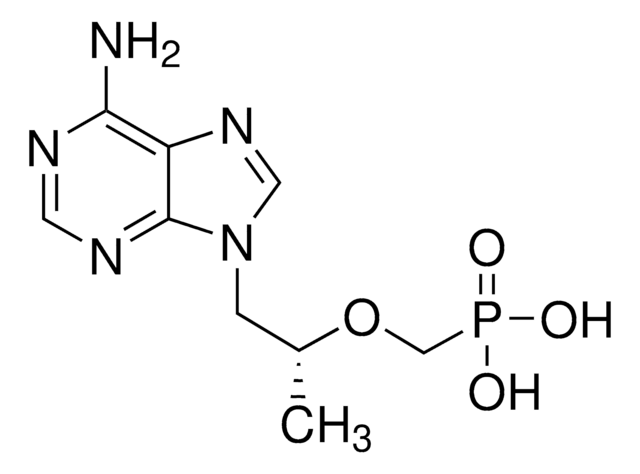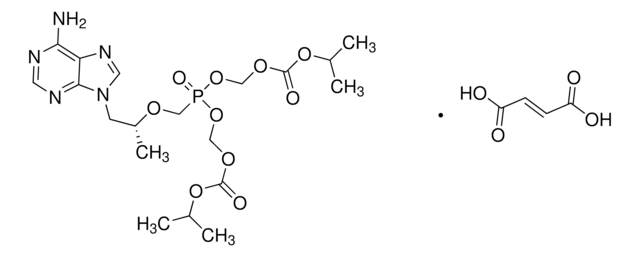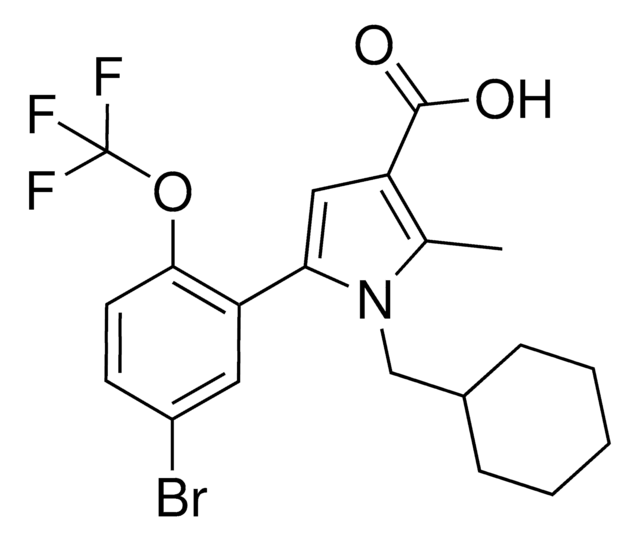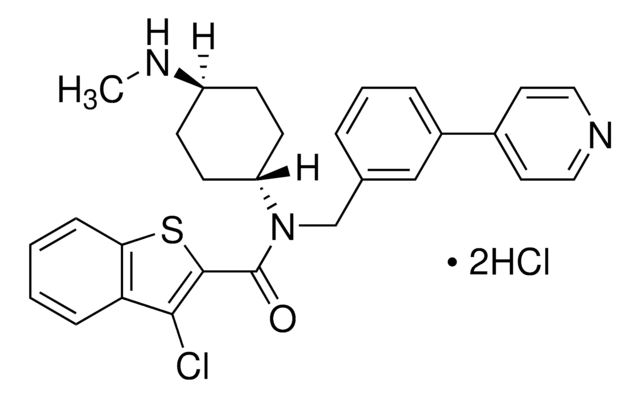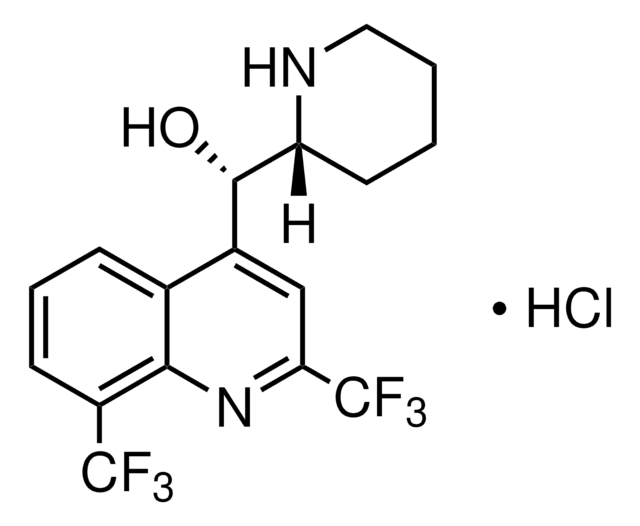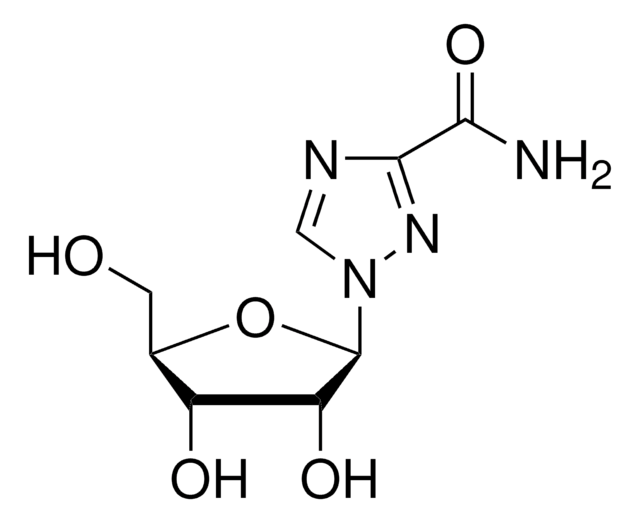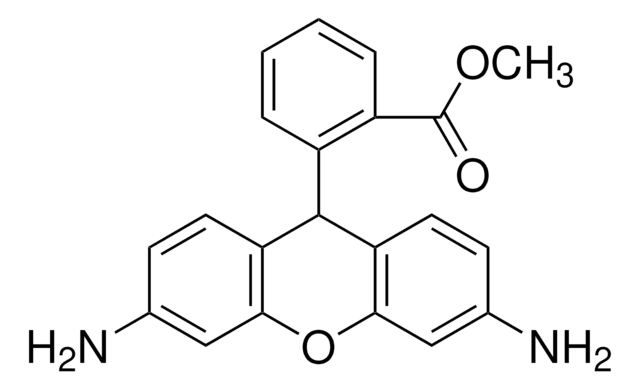SML3562
TPC2-A1-N
≥98% (HPLC)
Synonym(s):
2-Cyano-3-(3,5-dichlorophenyl)-3-hydroxy-N-(4-(trifluoromethyl)phenyl)acrylamide, TPC2 agonist N19
Sign Into View Organizational & Contract Pricing
All Photos(1)
About This Item
Empirical Formula (Hill Notation):
C17H9Cl2F3N2O2
CAS Number:
Molecular Weight:
401.17
MDL number:
UNSPSC Code:
12352200
NACRES:
NA.77
Recommended Products
Quality Level
Assay
≥98% (HPLC)
form
powder
color
white to beige
solubility
DMSO: 2 mg/mL, clear
storage temp.
2-8°C
SMILES string
O=C(/C(C#N)=C(O)/C1=CC(Cl)=CC(Cl)=C1)NC2=CC=C(C=C2)C(F)(F)F
Biochem/physiol Actions
TPC2-A1-N is a selective two pore segment channel 2 (TCP2) agonist that mimics the action of NAADP where it selectively induces fast Ca2+ signals (EC50 = 7.8 µM) in a TCP2-dependent manner, without potency toward TRPML1/2/3. In contrast, TPC2-A1-N is a much weaker Na+ current inducer when compared to PI(3,5)P2 and TPC2-A1-P. TPC2-A1-N, but not the Na+ signals agonist TPC2-A1-P causes TPC2-dependent alkalinization of lysosomal lumen Ca2+ stores (10 µM, TPC2-expressing HeLa cells), while TPC2-A1-P, but not TPC2-A1-N, activates TPC2-dependent lysosomal exocytosis (30 µM, murine macrophages).
Storage Class Code
11 - Combustible Solids
WGK
WGK 3
Flash Point(F)
Not applicable
Flash Point(C)
Not applicable
Choose from one of the most recent versions:
Certificates of Analysis (COA)
Lot/Batch Number
Sorry, we don't have COAs for this product available online at this time.
If you need assistance, please contact Customer Support.
Already Own This Product?
Find documentation for the products that you have recently purchased in the Document Library.
Susanne Gerndt et al.
eLife, 9 (2020-03-14)
Ion selectivity is a defining feature of a given ion channel and is considered immutable. Here we show that ion selectivity of the lysosomal ion channel TPC2, which is hotly debated (Calcraft et al., 2009; Guo et al., 2017; Jha
Our team of scientists has experience in all areas of research including Life Science, Material Science, Chemical Synthesis, Chromatography, Analytical and many others.
Contact Technical Service